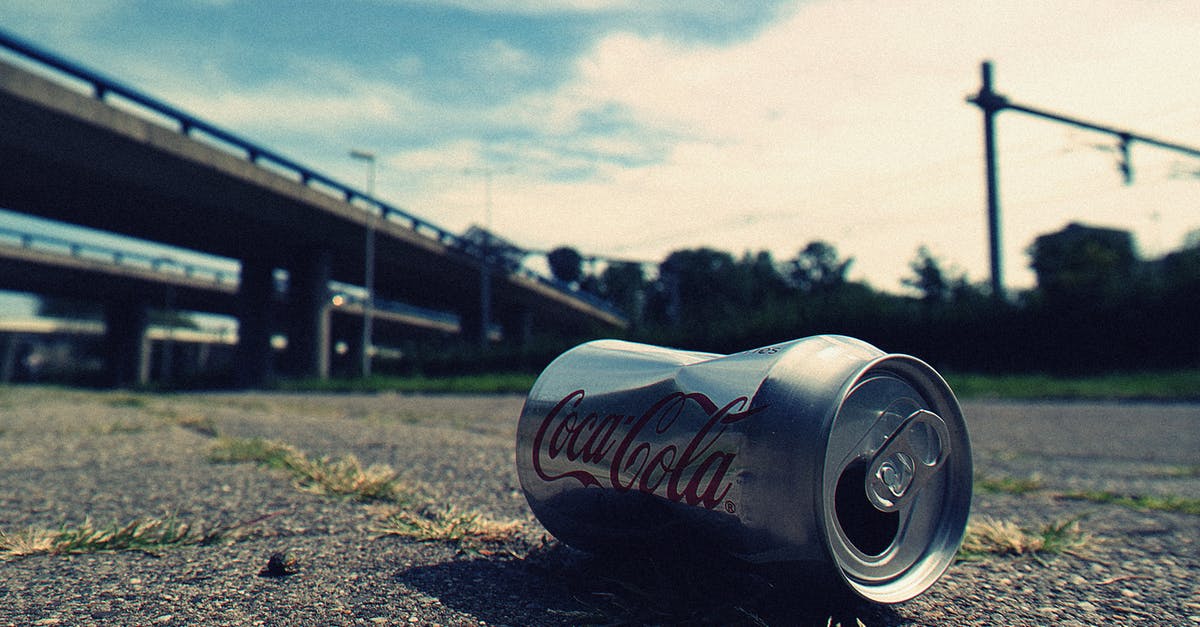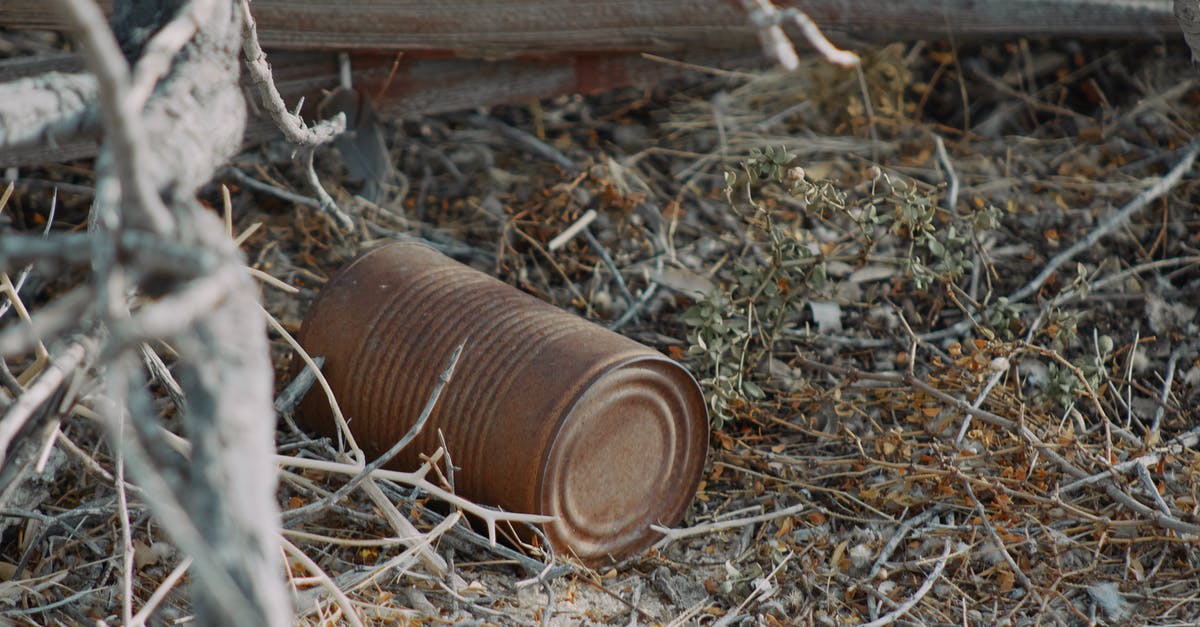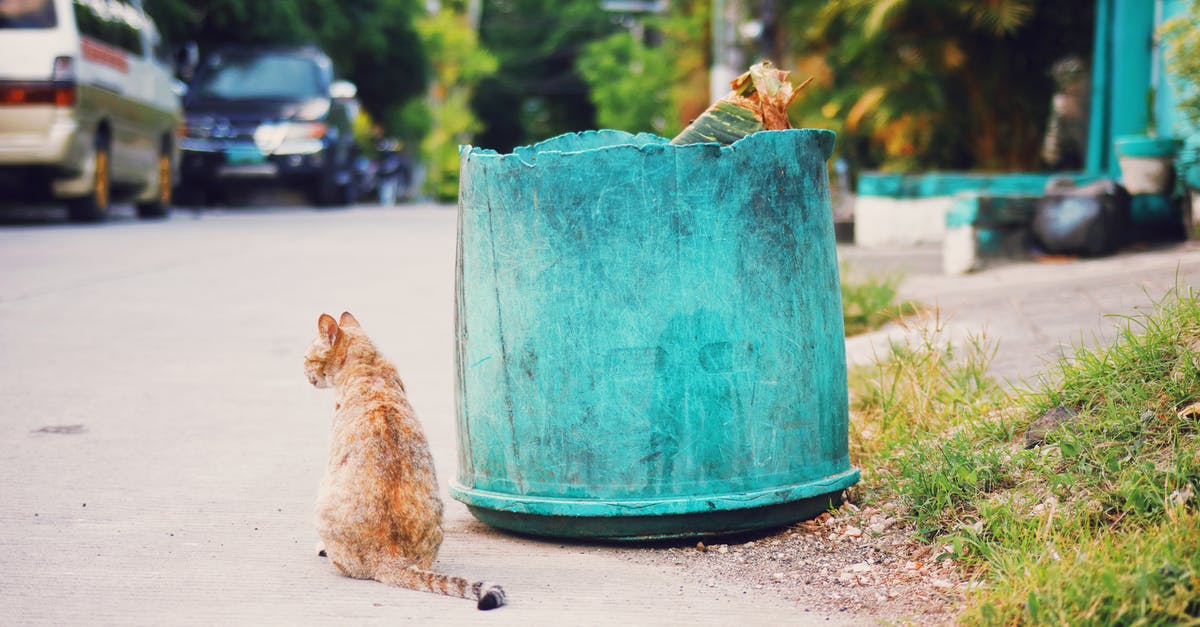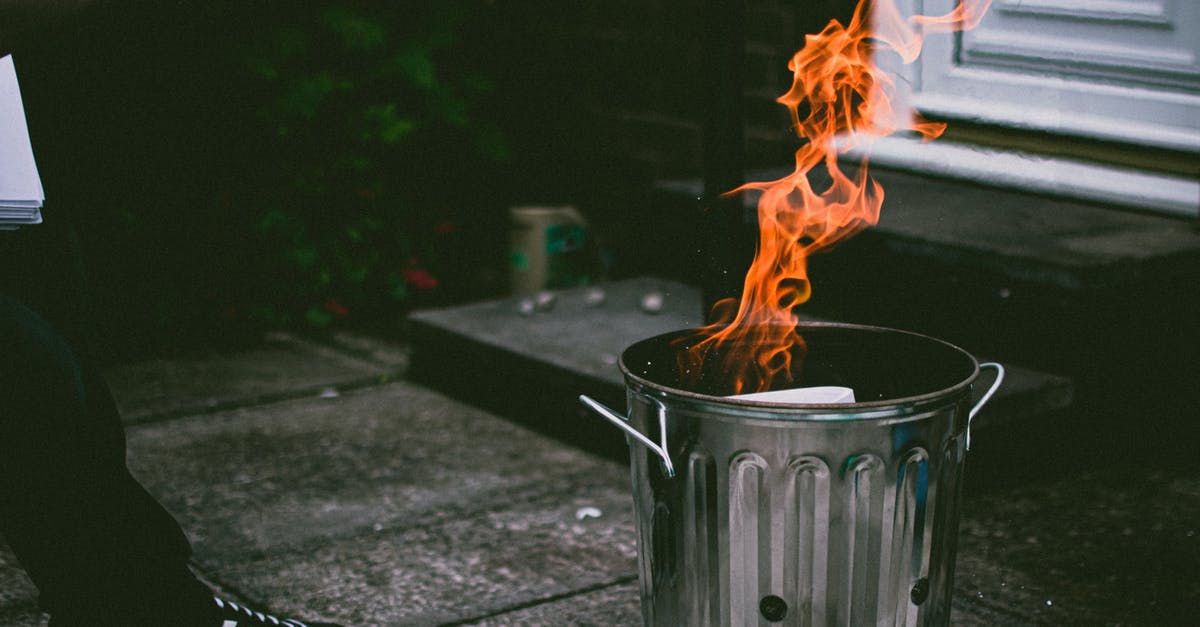Can of chicken left in hot car - okay or trash

I bought a can of chicken (chunk white meat) a while back. Because I wasn't "deliberately shopping for groceries" (I was at the store returning bottles for deposit, but had earlier realized my meal plans were short by one can of chicken), that was all I bought, and as a result, I ended up tossing it in the glove box and forgetting about it for about a week.
When I finally brought it in, it was rather warm, and presumably had been heating and cooling every day it was left in the car.
Is it still safe to eat? Obviously, if it was something that would normally be refrigerated, the answer would be a very emphatic "no", but being canned, it has already been cooked to death and (at least in theory) sealed into a sterile environment, and doesn't need to be kept refrigerated. (Note: the can is not bulging noticeably, which I do know would indicate that it is definitely not safe.)
p.s. I read https://www.stilltasty.com/fooditems/index/16796 but it doesn't say if exposure to higher temperatures is an issue. OTOH, a comment on this question suggests it may have already been exposed to similar conditions.
p.p.s. I don't plan on keeping this around for another 2-3 years; the intention would be to eat it within about a month.
Best Answer
Referencing Shelf-Stable Food Safety, from The Food Safety and Inspection Service in the US.
There are several factors that limit the shelf life of canned foods. First, cans can rust over time. Shipping accidents, where cans fall and dent or are crushed, also cause container problems.
Then there’s can corrosion. In all foods, but especially in high-acid foods like canned tomatoes, natural chemicals in the food continually react with the container. Over several years, this can cause taste and texture changes, and eventually lower the nutritional value of the food.
High temperatures (over 100 °F) are harmful to canned goods too. The risk of spoilage jumps sharply as storage temperatures rise. In fact, canned goods designed for use in the tropics are specially manufactured.
The exact determination here depends on exactly how hot the interior of your glovebox was getting on particularly hot days, but that's impossible to know. Personally, I doubt that the temperature ever reached dangerous levels and would just enjoy my can of chicken.
However, you may have different tolerance for risk levels than I would, so I hope that the information I've provided is sufficient for you to make a decision of your own. The absolute 0% risk determination would be to simply throw it away. It's your choice.
Pictures about "Can of chicken left in hot car - okay or trash"



How long can canned food be left in a hot car?
According to the FDA, bacteria that can cause food-borne illnesses double every 20 minutes, even at room temperature. So don't leave groceries or leftovers in a warm car for more than two hours, or only an hour when it's over 90 degrees.How long can chicken stay in a hot car?
The Department of Agriculture recommends that meat never be left unrefrigerated for longer than 2 hours\u2014but that gets cut to just an hour when the temperature reaches 90\xb0 F. And bacteria continue to thrive until temperatures reach about 140\xb0 F, according to the USDA.Can you eat chicken that was left in the car?
Perishable food can stay safely unrefrigerated only for two hours if the air temperature is under 90 degrees \u2013 and only for one hour if the temperature is 90 degrees or higher. Follow this rule for picnics, barbecues, and buffets, too.Is it safe to eat canned food that has been in the heat?
I would recommend caution with any canned foods that have been exposed to high heat. The longer and higher the heat was will increase the likelihood of spoilage. Not all harmful pathogens, including botulism, give off gas to create pressure inside a can or jar so that is not always a reliable sign of spoilage.Here's How To Tell If Chicken Has Gone Bad
Sources: Stack Exchange - This article follows the attribution requirements of Stack Exchange and is licensed under CC BY-SA 3.0.
Images: George Becker, James Lee, Nothing Ahead, Lisa Fotios
